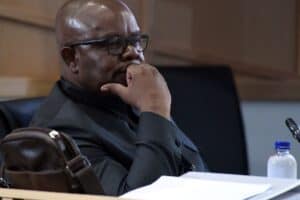With just four billionaires richer than half of Africa, inequality is a crisis rooted in exploitation and postcolonial misrule.

Africa is a rich continent – if you doubt that, explain why it was eyed so voraciously by European colonisers.
So why is it that, in the 21st century, its people remain some of the poorest on the planet?
It’s easy to lay the blame at the door of the colonialists – and, indeed, there is a lot of merit in that argument, because other countries greedily took in Africa’s resources but left its people ill-equipped to deal with the years after independence.
However, there is no getting away from the fact that Africa’s rulers, often setting out a new “master and servant” paradigm, have been an important factor in why the majority of people of this continent still struggle to build themselves better lives.
Those “big men” – and they have all been men – have used their positions to loot their countries back to a time before Europeans arrived… or so it seems.
ALSO READ: SA startup joins Google for Startups Accelerator Africa Class 9 as AI innovators get boost
However, there is also no doubt that Africa has been a golden – literally and figuratively – opportunity for people to amass fortunes.
It is telling, though, to read antipoverty charity Oxfam’s latest report that the four richest Africans are wealthier than about half of the continent’s 750 million people.
Surprisingly, for those adherents to the “white monopoly capital” theory, Africa’s richest man is a black Nigerian. South Africa’s Johann Rupert and Nicky Oppenheimer trail him in the money stakes.
Over the past five years, according to Oxfam, African billionaires have seen their wealth soar by 56%, with the richest among them recording even higher gains. Nearly half of the top 50 most unequal countries in the world are also on the continent, according to the report.
It goes without saying that is a ticking time bomb – not only for Africa, but for South Africa, where inequality is still the major feature of our society.
NOW READ: African cities need fiscal power to survive rapid urbanisation






